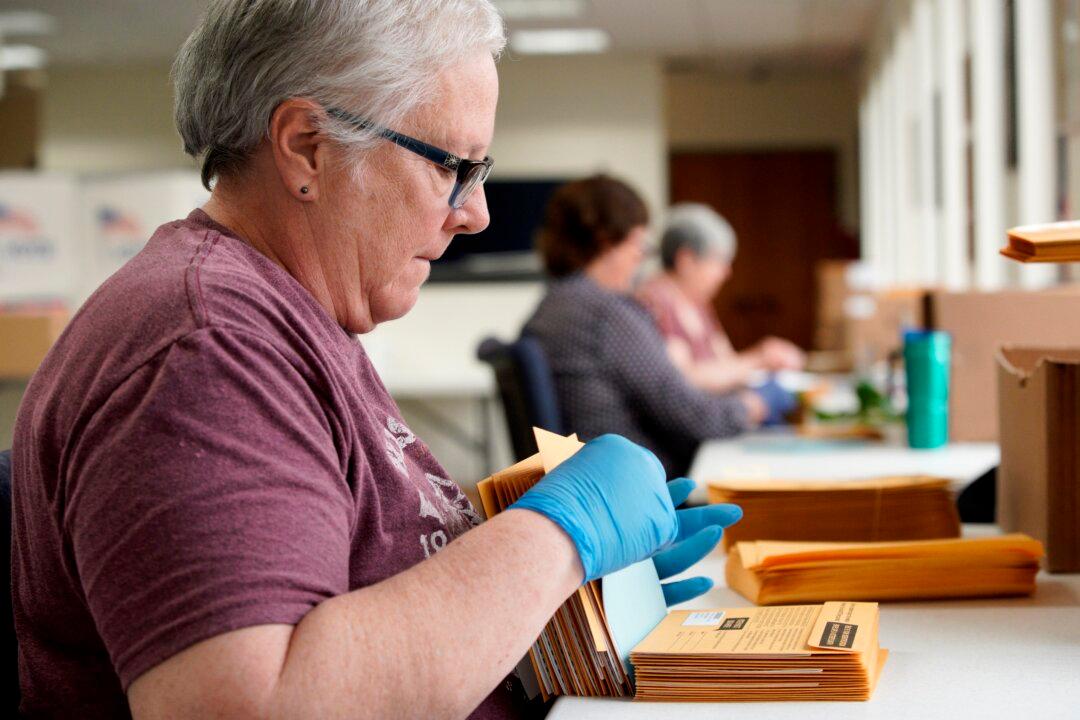Nebraska voters will decide on two competing abortion initiatives in November after the state’s Supreme Court ruled on Sept. 13 that they could both appear on the ballot.
While one of those initiatives aims to cement a right to abortion in the state’s constitution, the other would prohibit abortion in the second and third trimesters of pregnancy.





